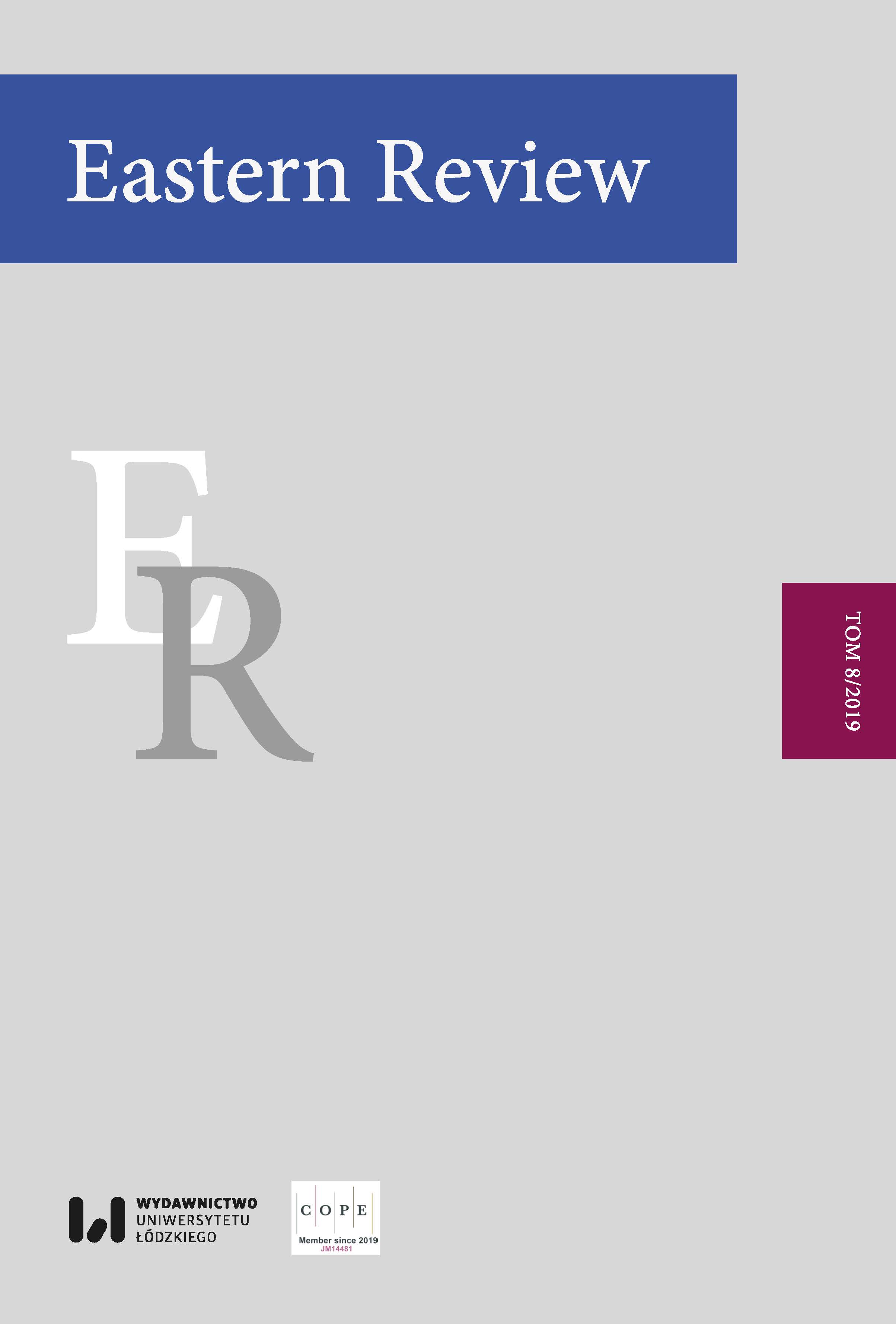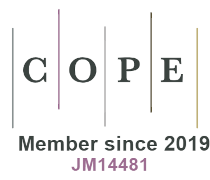The transformation of family values in Belarus: Social and demographic factors
DOI:
https://doi.org/10.18778/1427-9657.08.02Słowa kluczowe:
values transformation, family, marriage, children, gender, BelarusAbstrakt
The article is devoted to the social and demographic factors of family values transformation in Belarus. It aims to find out to what extent age, educational level, and place of residence influence the dynamics of changing family values. Based on the data of the European Value Survey in Belarus in 2000, 2008 and 2017, the tendencies of the transformation of attitudes towards family, marriage, children, and women combining family and profession roles, are analysed. It is concluded that changes in family values in the Eastern European region and Belarus are multidirectional. On the one hand, the significance of the family and marriage is growing. On the other – the necessity to combine the professional and family roles of women is getting more common. The paper evaluates how these general trends are manifested in different social groups; broken down by age, education level and place of inhabitance. The analysis allows one to conclude that there are universal trends like the importance of family as it is. However, some trends like pronatalist attitudes have specificity for different groups. The reasons for family values transformation include the position on the labour market, the perspective of professional self-realisation, and income growth. A lack of such a perspective among women with secondary education causes them to be more focused on family and children. Both urbanisation and the growth of a young generation with a high educational level can contribute to the decrease of pronatalist attitudes and an increase in the idea of women combining family and professional roles in the future.
Bibliografia
Artsiomenka, A. 2019. Family values – the basis of sustainable development of the state. SOTIS – Social Technologies. Research 2, pp. 73–81.
Google Scholar
Bulynko, D., Danilov, A., Pravdivets, V., Rotman, D. 2016. Value world of today’s people: Eastern Partnership countries, the European Union and Russia in international projects on value studies. Minsk: BSU publishing house.
Google Scholar
Burova, S. 2015. Modern family: failure or another reality? Sociology 2, pp. 4–15.
Google Scholar
Fabrikant, M., Magun, V. 2014. Family values of Russians and Europeans. Demoscope Weekly 613–614, pp. 1–15.
Google Scholar
Inglehart, R., Norris, P. 2003. Rising tide: gender equality and cultural change around the world. Cambridge: Cambridge University Press.
Google Scholar
DOI: https://doi.org/10.1017/CBO9780511550362
Inglehart R., Oyserman. 2004. Individualism, autonomy, self-expression. The Human development syndrome. In: H. Vinken, J. Soeters, P. Ester (eds.). Comparing cultures: dimensions of culture in a comparative perspective. Boston, MA: Brill.
Google Scholar
Lapeto, А., Tereschenko, O., Shaverdo, T. 2018. Transition to adult life (age models of life trajectories). In: O. Tereschenko, T. Kutchera (eds.). Belarus: family structure, family relations, reproductive behaviour: Vol. II. Research outcomes analysis. Minsk: Belsens.
Google Scholar
Medvedeva, I. ed. 2018. Demography yearbook of the Republic of Belarus. National statistical committee of the Republic of Belarus.
Google Scholar
Swadźba, U. 2015. Różnice i podobieństwa: miejsce religii i rodziny w systemie wartości społeczeństwa polskiego, czeskiego i słowackiego. Górnośląskie Studia Socjologiczne. Seria Nowa 6, pp. 101–122.
Google Scholar
Titarenko, L., 2004. World of values of modern Belarusian society: gender aspect. Minsk: BSU publishing house.
Google Scholar
Pobrania
Opublikowane
Jak cytować
Numer
Dział
Licencja

Utwór dostępny jest na licencji Creative Commons Uznanie autorstwa – Użycie niekomercyjne – Bez utworów zależnych 4.0 Międzynarodowe.










